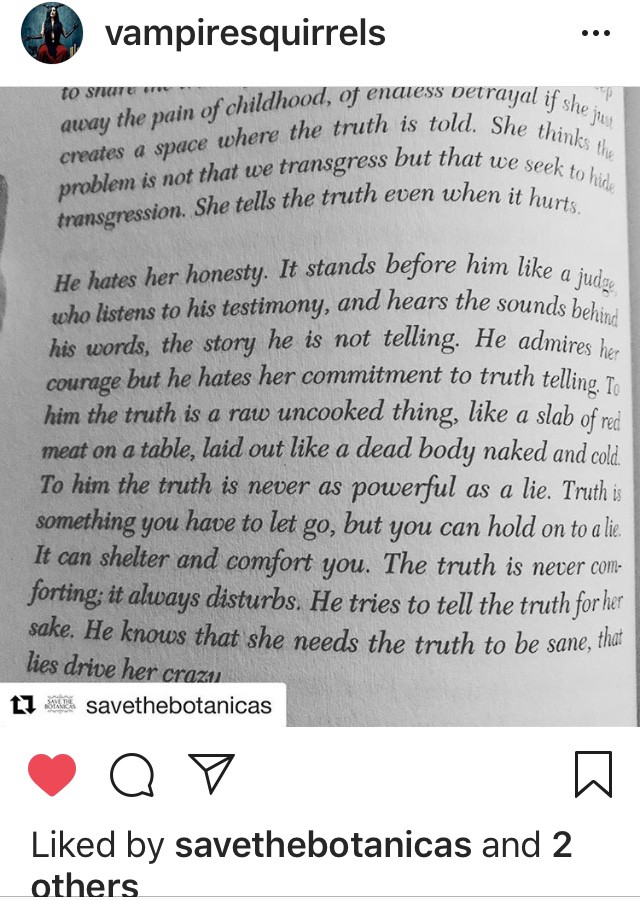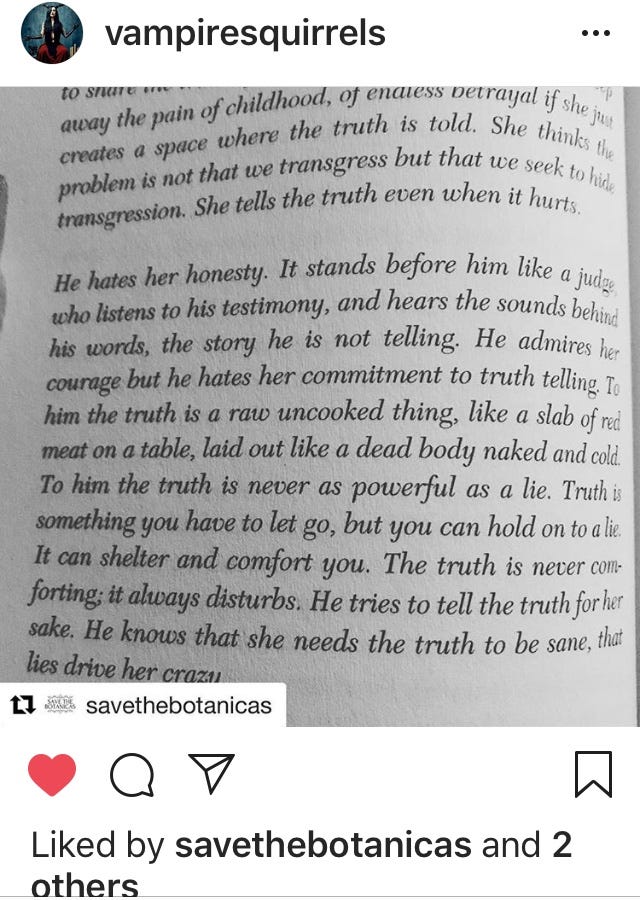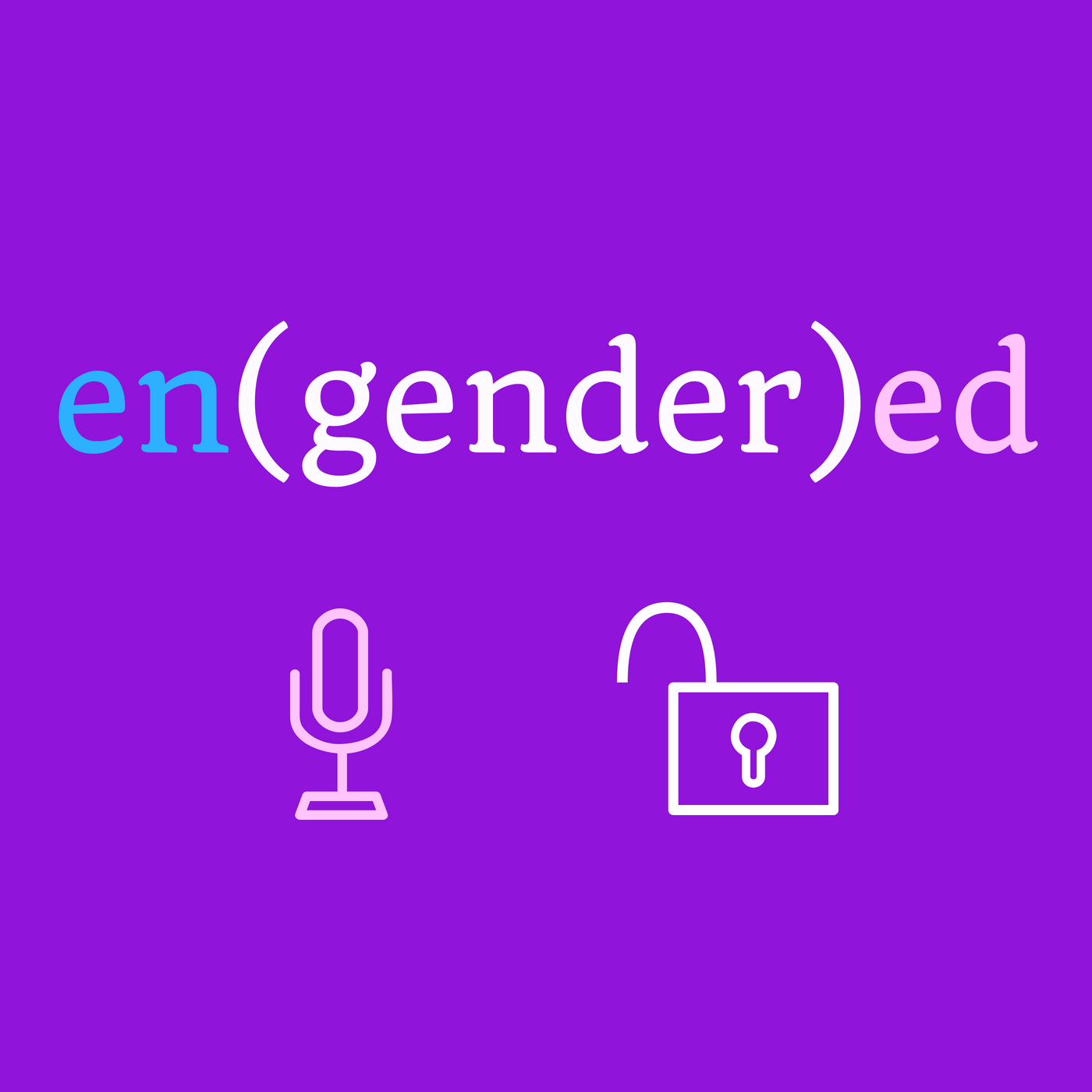

Yesterday, John McCain, long-time Republican Senator from Arizona, passed away after a long battle with cancer. It was sad that he died, but death and mortality are a part of the human condition, however, his passing was particularly sad in that it was due to a terrible, ravaging disease. It was heartbreaking, I’m sure, for his friends and family, with whom he had built enduring, loving relationships.
I get that. What I don’t get is when progressives — people who believe in social and economic equality, and who support mechanisms that allow for democratic participation in the decision-making process through accountability and cooperation — are flooding my social media feed with ‘tributes’ to McCain. Was he really that great?
My initial irritation at their laudatory posts was soon replaced with a despondence at the foibles of human nature. Most of the time, the desire to look for and/or focus on the good in a person and/or their actions can be a helpful, even necessary source of survival — it protects us from being overwhelmed by bad things so we can carry on our daily lives. Yet those same inclinations can also serve as an excuse to look the other way, to deny, to not confront what’s right in front of us, and to reinforce our confirmation bias that “Good people still exist, and we should celebrate them when they pass.”
“He hates her honesty…. Truth is something you have to let go, but you can hold on to a lie. It can shelter and comfort you,” bell hooks writes. But that comfort comes at a cost I’m not willing to accept. Last night, the backlash against me by progressives from #theresistance to my social media posts was swift and severe. One person said, “You’ve gone too far.” Another referenced that it was “too soon.”
Why is there a cultural marker for accountability? As far as I know, there is no minimum time period we have to wait before telling the truth.
I didn’t call McCain names, I didn’t revile him. I just questioned these ‘tributes’ which appeared revisionist, and cautioned against doing so. The accolades are even more ironic when you consider that these same people were criticizing McCain’s policies — or at least their impact — just the day before.
The longer we wait to hold people accountable to their history and life decisions, the more the facts are diluted, minimized or explained away in favor of the myth. Case in point — Ronald Reagan. By remarking on the stream of progressive tributes and asking that these folks remember and bear witness, fully, to this man’s legacy, I was not acting disrespectfully. If anything, the request demands that we come together to honor truth and accountability.
Don’t get me wrong. I’m not passing judgment on McCain’s value as a person. I don’t know him that way and only his friends and family can make that determination. As for his military service and his time as a POW, I am grateful for his service and thank him for that. However, serving honorably in the military doesn’t give you a free pass to then use that period to offset the later actions, decisions, and behaviors, that someone has engaged in over the course of many decades as a public servant, and, therefore, answerable, in least in theory, to the public and to historians.
“Honorable.” “Courageous.” “Decent.” These are some of the words I’ve seen used in the last 24 hours to describe McCain. The example most frequently cited to support those claims was when McCain ‘defended’ then-candidate Obama during one of McCain’s campaign rallies. A supporter inquired how Obama could be trusted because he was “Arab,” to which McCain famously replied, “No. He’s a decent family man, citizen.” Dozens of articles were written at that time praising McCain for his ‘civility’ and ‘decency,’ and some even equated those acts and those moments to his being a paragon of those values. Honestly, that makes me want to puke.
You can appreciate someone’s military service, feel bad for them for being sick, and still hate his legacy and want to hold people and historians accountable to recalling and retelling it accurately and comprehensively. Obama is not an Arab; that’s true, and good on McCain for acknowledging a basic fact. But McCain didn’t go anywhere near far enough. Is Obama decent because he’s not Arab or is he decent and also not Arab? What if he were Arab? Why does McCain leave that prejudice unchallenged? (See recent video of Canadian Prime Minister Trudeau telling a heckler that racism has no place in Canada).
Giving McCain credit for ‘standing up’ for Obama suggests that the other option was even a possibility, which is repeating the lies that McCain and his running mate, Sarah Palin, were responsible for creating — from the earliest days of their campaign. McCain’s actions and decisions culminated in those moments when supporters would naturally be responsive to the bait they were given in the political ads dominating the airways at the time, which included Palin’s claim that Obama was “palling around with terrorists.”
In today’s Huffington Post, one reporter writes about the “real story” behind that campaign rally exchange. She includes in her analysis reference to the Frank Rich opinion which rightly highlights the fringe behavior that Palin was inciting then, foreshadowing the similar beliefs and behaviors that Trump has implanted falsely into his supporters. Pizzagate and “Lock her up” come to mind. The reporter notes:
A CNN reporter further acknowledges:
What I will most remember McCain are his votes for Robert Bork and Clarence Thomas to the Supreme Court, his vote against Justice Sotomayor, and his vote in favor of Gorsuch’s appointment. What’s more — hours after Justice Scalia’s death was announced, McCain was the first to vow to block any Obama appointee and the first to hit the airwaves to decry that Republicans would be united to block any Supreme Court nominee should Hillary Clinton be elected president.
And then there’s this: McCain is the top career recipient of NRA funding, topping in at $7,740,521. Let’s not forget his remarks about Chelsea Clinton and Janet Reno (which I won’t repeat here), which clearly expose his sexism, not to mention how his choice of Sarah Palin as running mate hurt women’s rights.

As we embark on the next few days/weeks in preparation for his memorial services and prepare for the sure-to-come deluge of positive characterizations of his legacy, let’s consider this: Our history and tendency to whitewash bad and, oftentimes, abhorrent behavior, is what got us here to begin with. From colonialism/slavery, to pedoephilic priests, to Larry Nassar, to our #metoo reckoning, to Donald Trump, we all played a part indirectly. If progressives sincerely support free speech, racial and social justice, to say nothing of economic justice, they should recognize that their cultural policing is doing no one any good. Spending energy dictating when and where free speech or ‘truth’ is allowed — likened to the #TakeAKnee critics who attack Colin Kaepernick for his protest against racial and social injustice — weakens and devalues the right itself. The forces that have tried to enact my own symbolic annihilation as an Asian-American, as a woman, as a survivor, and now as a truth-teller and mirror-holder, stand no chance of getting me to cower and to mute myself. I tell the truth not just because my life depends on it, but also because all of our lives do, too.

